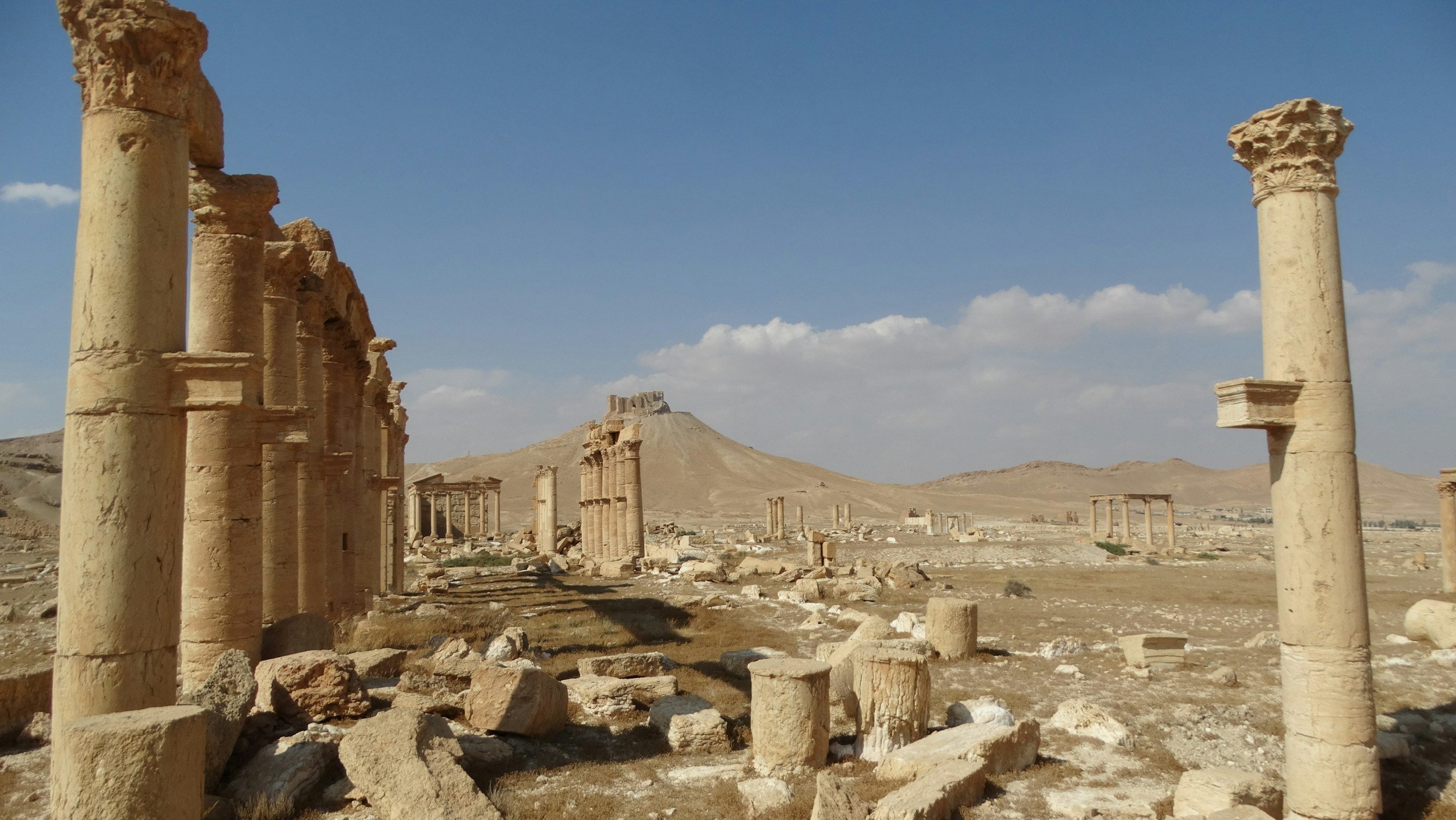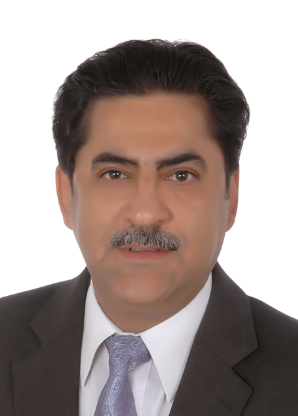
Syrian Reconstruction Consulting | European Expertise for Post-Conflict Development
Dear Partners,
The journey of rebuilding Syria is not an easy task; it is a commitment to restoring hope, opportunity, and dignity to millions who have endured unimaginable hardship. At Integrate Us, we recognize the monumental scope of this undertaking and the profound impact it can have on the future of Syria and the region. It is with a sense of purpose and responsibility that we present our vision for engaging in this transformative effort.
Our role is clear: to bridge the gap between Syria’s reconstruction needs and the wealth of expertise, resources, and innovation that the European community can offer. We aim to contribute to a future where resilience and progress define Syria’s narrative by fostering meaningful partnerships and ensuring collaborative solutions.
Here, we outline our approach, and the unique opportunities we believe lie ahead for those ready to join this effort. We invite you to explore the possibilities and discover how we can work together to make a tangible difference. Whether you represent a company, institution, or individual with a desire to be part of this historic endeavor, we welcome your expertise, your vision, and your collaboration. Together, we can rebuild more than infrastructure; we can rebuild hope, communities, and the foundations of a brighter tomorrow.
Sectoral Outlook
Key Growth Areas in Syria’s Reconstruction and Economic Recovery
As Syria embarks on a long path to economic recovery, development will progress in strategic phases—guided by national priorities, global partnership, and targeted reconstruction investments. The following sectors are projected to drive the country’s economic revitalization and represent prime opportunities for businesses, and investors looking to support Syria’s reconstruction.
-
Since 2011, Syria’s construction and housing sector has suffered extensive damage, with over 1.2 million homes destroyed or severely damaged. Major cities such as Aleppo, Damascus, Homs, Raqqa, and Deir Ezzor have seen widespread urban devastation. Today, Syria faces an urgent housing crisis, compounded by severe infrastructure gaps in transportation networks, water supply, sanitation systems, and electricity grids.
Key Priorities:
Affordable housing for displaced families
Reconstruction of damaged residential blocks
Adoption of modern building materials and sustainable construction solutions
Building resilient infrastructure for water, electricity, sanitation, and road systems
-
Syria’s energy infrastructure has been heavily damaged during the years of conflict. Prior to 2011, over 90% of Syrians had reliable access to electricity. Today, however, both urban centers and rural communities often receive only a few hours of power per day. This has created severe constraints on economic activity, healthcare delivery, and daily life.
The sector faces a combination of challenges, including destroyed power plants, fuel shortages, outdated transmission grids, and a shortage of technical maintenance capacity. As Syria rebuilds, revitalizing its energy sector will be vital for sustainable recovery.
Key Priorities for Energy Sector Recovery:
Rebuilding thermal and hydroelectric power generation facilities
Scaling solar and wind energy pilot projects for long-term sustainability
Repairing critical transmission lines and electrical substations
Developing decentralized and off-grid energy systems, especially for rural areas
-
Agriculture has long been a cornerstone of Syria’s economy, employing a significant portion of the population and contributing to national food sovereignty. Years of conflict, however, have led to the destruction of farmlands, loss of irrigation systems, soil degradation, and disrupted agricultural supply chains. Combined with the effects of climate change and rural displacement, the result is a growing threat to food security and rural stability.
Key Priorities for Agricultural Recovery and Food Security:
Rehabilitation of irrigation infrastructure, wells, and water management systems
Support for smallholder farmers with seeds, tools, and climate-resilient technologies
Expansion of agro-processing facilities to strengthen farm-to-market value chains
Promotion of sustainable farming practices and climate-adaptive techniques
Strengthening food distribution networks and emergency nutrition programs in vulnerable areas
-
Once home to one of the most advanced healthcare systems in the Middle East, Syria now faces a nationwide health crisis. Years of conflict have devastated the country’s medical infrastructure—hospitals have been damaged or destroyed, medicine supplies are scarce, and there’s been a sharp rise in both chronic illnesses and infectious diseases. The healthcare workforce has also been severely diminished, with many professionals displaced or unable to work.
Key Priorities for Health Sector Reconstruction:
Rehabilitation of primary care clinics and tertiary hospitals
Supply and distribution of essential medicines, medical equipment, and diagnostic tools
Restoration and expansion of emergency medical services and trauma care systems
-
Before the war, Syria’s formal education system was considered one of the strongest in the region. Today, that legacy has been deeply disrupted. The conflict has left over 2.5 million children out of school, with entire generations facing severe learning loss. Rural communities, displaced populations, and conflict-affected zones remain critically underserved, further deepening social and economic divides.
Key Priorities for Educational Recovery and Investment:
Reconstruction of school infrastructure, including classrooms, libraries, and science labs
Development of inclusive, trauma-informed curricula tailored to post-conflict realities
Reintegration of out-of-school children, returnees, and displaced youth into the education system
Strengthening teacher training, support networks, and national certification programs
-
Prior to the conflict, Syria had a diverse manufacturing base encompassing textiles, pharmaceuticals, food processing, plastics, cement, steel, electronics, and chemicals. Key industrial centers in Aleppo, Homs, Damascus, and Latakia drove regional trade and employment. As of 2024, however, more than 60% of factories are non-operational or destroyed, with supply chains fragmented and production severely limited.
Rebuilding Syria’s industrial sector is essential for creating jobs, stabilizing the economy, and reestablishing local production capacity.
Key Priorities for Industrial Recovery and Growth:
Restoration of damaged industrial infrastructure, equipment, and manufacturing plants
Development of agro-industrial value chains to boost local food processing and exports
Stabilization of energy supply to industrial zones and economic hubs
Support for small and medium-sized enterprises (SMEs) and entrepreneurship programs to stimulate innovation and resilience
-
A functional and modern transportation and logistics network is essential for Syria’s national recovery and regional reintegration. Decades of conflict have left the country’s roadways, railways, bridges, and transport hubs in disrepair, while key trade corridors and logistics chains remain fractured. This has severely limited domestic mobility, hindered humanitarian access, and restricted economic exchange..
Key Priorities for Transport & Logistics Development:
Reconstruction of major highways, bridges, and regional road networks
Rehabilitation of rail systems, inland ports, and logistics hubs
Restoration and modernization of border crossings and customs infrastructure
Development of national freight corridors to support industrial and agricultural trade
Investment in smart logistics solutions for supply chain resilience and efficiency
-
Syria’s digital infrastructure remains severely underdeveloped due to years of conflict. Many urban and rural regions suffer from outdated networks, limited internet access, and minimal digital public services. As the country rebuilds, there is a strong demand for modern telecom systems, digital literacy programs, and ICT infrastructure to support government, education, health, and commerce.
Key Priorities:
Rehabilitation and modernization of mobile and broadband networks
Expansion of fiber-optic and 5G-ready infrastructure
Development of e-government and digital public services
ICT training, innovation hubs, and tech entrepreneurship support
-
The war has significantly disrupted Syria’s municipal and environmental services. Waste accumulation, lack of recycling infrastructure, and environmental degradation now pose public health risks. There is urgent need for sustainable solutions in waste collection, landfill management, and environmental restoration, especially in urban centers and conflict-affected zones.
Key Priorities:
Restoration of waste collection and landfill systems
Introduction of recycling and waste-to-energy technologies
Hazardous and medical waste management solutions
Environmental impact assessments and ecosystem rehabilitation
-
Syria is home to some of the world’s most ancient cities, religious landmarks, and UNESCO World Heritage Sites. Prior to the conflict, it welcomed millions of visitors annually, with hospitality and tourism playing a major role in the national economy. Today, war-related destruction, loss of infrastructure, and security challenges have halted the industry’s growth—but the long-term potential remains immense.
Key Priorities for Reviving Tourism and Hospitality:
Restoration of historic sites, cultural landmarks, and protected heritage zones
Reconstruction of hotels, attraction, and tourism infrastructure in major cities and destinations
Development of eco-tourism and cultural heritage tourism models
Creation of tourism training programs and hospitality workforce development
Promotion of diaspora and regional tourism through targeted campaigns and safe travel corridors
Our Services
Integrate Us has established a dedicated office in Damascus, Syria, to support urgent reconstruction efforts and provide direct, on-the-ground expertise for infrastructure and development projects.
We provide a full spectrum of strategic, technical, and operational consulting services for European companies, institutions, and development organizations entering the Syrian market. Our expertise supports clients seeking ethical, high-impact, and compliant participation in Syria’s reconstruction and recovery. From market entry to project execution, we help mitigate risks, optimize value, and ensure full regulatory, cultural, and operational alignment every step of the way.
-
With local teams based in Damascus, Aleppo, and Latakia, we deliver on-the-ground support to ensure smooth, compliant, and effective project execution. Our localized services include:
Site visits, coordination with local actors, and real-time translation services
Support for local staff recruitment, onboarding, and capacity building
Assistance with permit acquisition, regulatory compliance, and stakeholder facilitation
Monitoring and reporting of in-country activities to meet donor and partner requirements
-
We craft customized strategies to help your business assess opportunities, enter effectively, and scale sustainably within the Syrian market.
Our services include:
In-depth feasibility studies and market gap analysis to identify high-potential sectors
Detailed sector scans and demand mapping for targeted investment decisions
Design and localization of pilot projects to validate concepts on the ground
Clear market entry roadmaps with KPI-linked milestones to track progress and ensure success
-
We facilitate strategic connections with verified Syrian partners, joint venture opportunities, and public tenders, helping you build trusted relationships and expand your local footprint. Our services include:
Identification and vetting of local partners aligned with your sector and goals
Business matchmaking and organization of introductory missions to key regions
Structuring of public-private partnerships (PPPs) and multi-stakeholder consortiums to enable scalable collaboration
-
Navigating Syria’s legal, regulatory, and political landscape is critical for successful and compliant engagement. We provide expert guidance to ensure your operations are aligned with current laws, international norms, and evolving risks. Our services include:
Step-by-step compliance support with Syrian investment laws and regulations
Advisory on business licensing, company registration, and customs procedures
Tailored country risk assessments and political economy briefings
Risk mitigation strategies.
-
We conduct in-depth technical and financial feasibility assessments to help structure viable, fundable, and impact-driven projects in Syria’s reconstruction landscape. Our services are designed to align with international standards and donor expectations. They include:
Comprehensive CAPEX and OPEX modeling for financial viability
Technical requirements analysis to ensure project readiness and sustainability
Planning for local supply chain integration and resource optimization
-
We help our clients unlock access to donor-funded reconstruction and development projects by aligning with international funding ecosystems and procurement frameworks. Our expertise includes:
Positioning within UN procurement systems and humanitarian aid programs
Engagement with multilateral development bank initiatives (e.g., IsDB, EIB)
Navigation of EU stabilization, resilience, and recovery funding mechanisms
Identification of NGO consortia and subcontracting opportunities in key sectors
Contact us here for requests related to Syria Reconstruction projects
Phone
+358449188904
Email
Reconstruction@integrateuscon.com


